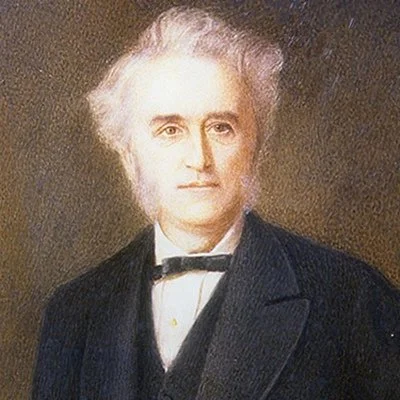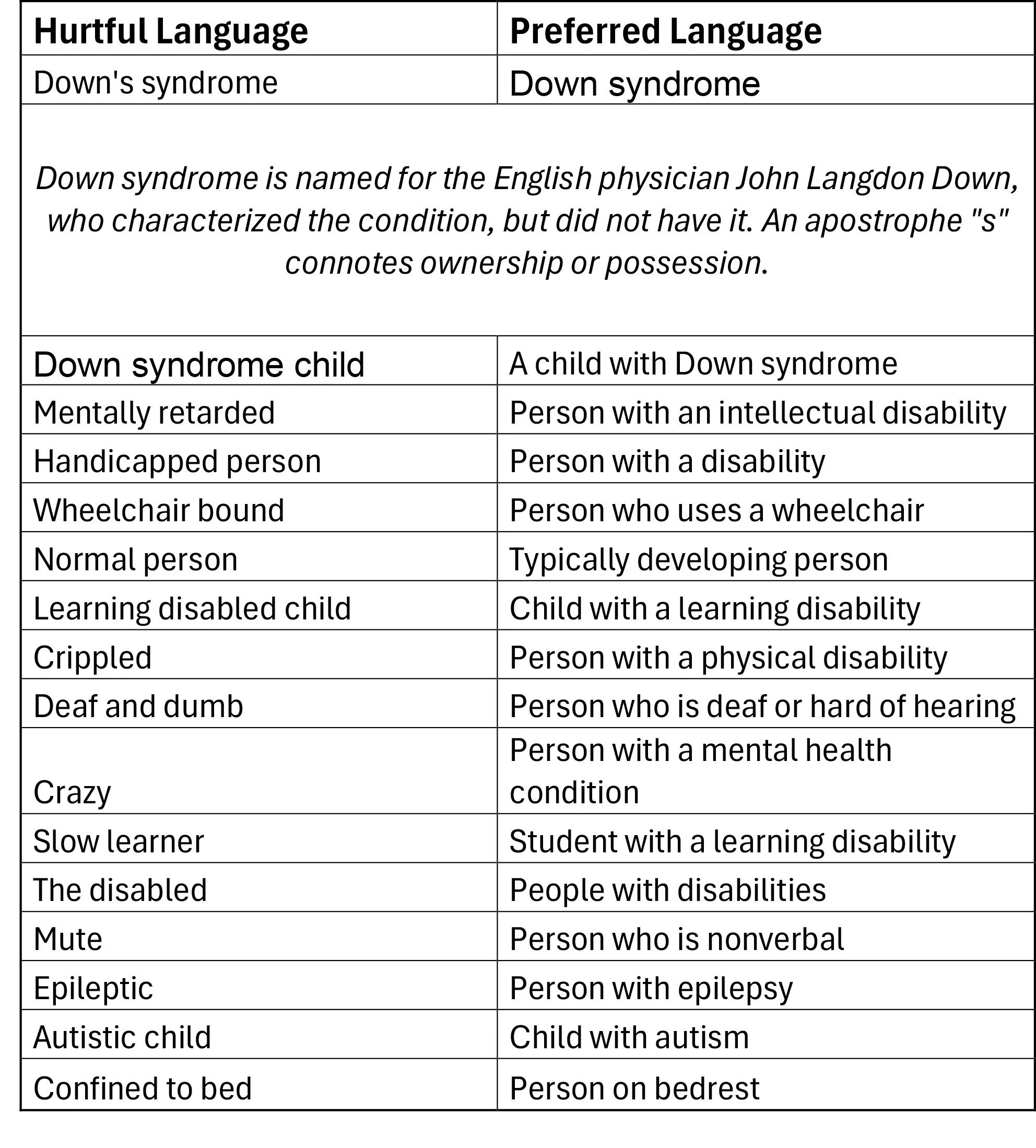What Is the Politically Correct Term for Down Syndrome?
Down syndrome is a genetic condition, NOT a disease, birth defect, or form of mental retardation. The correct terminology matters. Avoid outdated terms like Down’s child, syndrome person, or mentally retarded. Use people first language: say person with Down syndrome, not Down syndrome person.
Understanding Down Syndrome
Down syndrome is caused by a full or partial copy of chromosome 21. It’s classified as both a developmental disability. While it may impact learning, behavior, or speech, each person with Down syndrome has unique strengths and is not defined by the syndrome.
Why It’s Called “Down Syndrome” – Without the Apostrophe
Down syndrome is named after Dr. John Langdon Down, a doctor from England who first described the condition of specific person. He didn’t have Down syndrome—he just studied and wrote about it. That’s why we don’t use an apostrophe “s” (like “Down’s syndrome”), because that would mean the syndrome belongs to him. In the United States, the correct name to say is Down syndrome. It’s a small change, but it shows respect and helps us use the right words when talking about people with Down syndrome.
Why Preferred Language Matters
Using preferred language like individual with Down syndrome promotes respect. Avoid harmful labels like handicapped, diseased, or afflicted. Instead of victim of Down syndrome, say person living with Down syndrome. These emotionally neutral expressions reduce stigma of this diagnosis.
Basic Guidelines:
✅ Child with Down syndrome
❌ Not: syndrome child, special ed kid, or Down’s child
Quick Language Guide- Adopt Preferred Language:
"Differently Abled"
Don’t be afraid to talk to a person with Down syndrome—just speak the same way you would with anyone else. Sometimes, using terms like “differently abled” is trying too hard. Simple, respectful words are better. Just like you would say “a child with autism,” you can say “a person with Down syndrome.” There’s no need to tiptoe or overthink it. People with Down syndrome want to be seen, heard, and treated like everyone else—with kindness, not confusion. Keep it honest, keep it kind.
Intellectual Disability vs. Cognitive Disability
A cognitive disability affects mental processes like memory and problem-solving. An intellectual disability includes conditions like Down syndrome, autism spectrum disorder, cerebral palsy, and traumatic brain injury. All are considered developmentally disabled and may require special education services.
Disabilities Act
Laws like the Disabilities Act (ADA) and IDEA require schools and workplaces to support individuals with disabilities. Don’t refer to someone as a disabled person; say person with a disability. Avoid wheelchair bound; say person who uses a wheelchair.
Words That Uplift
People with Down syndrome have the same characteristics, needs, and goals as typically developing individuals. Highlight many other qualities they bring to the community. Describe their abilities, not limitations. Use appropriate terms to help society grow in understanding.
Harmful Misconceptions
A common misconception is that individuals with Down syndrome are always happy. While many people with Down syndrome have warm and friendly personalities, they experience the full range of human emotions—just like typically developing individuals. Labeling every person with Down syndrome as constantly cheerful overlooks their unique strengths, needs, and feelings. This stereotype, like using outdated terms such as mentally retarded, syndrome person, or Down’s child, is harmful.
Disrespectful Language
Disrespectful language reinforces negative stereotypes, lowers self-worth, and affects how people with Down syndrome are treated in society. Using proper terms—such as person with an intellectual disability or individual with a developmental disability—and adopting people-first language shows dignity and respect. Avoiding hurtful language and using emotionally neutral expressions is part of the basic guidelines for promoting inclusion. Every person, whether they have Down syndrome, autism spectrum disorder, or cerebral palsy, deserves to be recognized for their individuality, not defined by a diagnosis or limited by language.
The Power of Empathy
Typically developing children and children with Down syndrome often share classrooms, but bullying remains a serious issue, especially during adolescence. Many students with Down syndrome face exclusion, name-calling, and hurtful language like “mentally retarded” or “syndrome person.” Such disrespectful language reinforces stereotypes and damages confidence. Schools must teach people first language—like “person with Down syndrome,”—and promote empathy. All children, regardless of developmental disability, share the same characteristics: emotions, needs, and the desire to belong. Educating typically developing children on basic guidelines for respectful language can help stop bullying and build inclusive environments for those who receive special education services.
How Special Education Makes an Impact
Effective special education services are vital for supporting children with Down syndrome and other developmental disabilities, but their impact goes beyond academics. These services help address the unique needs of each child with a cognitive disability, allowing them to thrive alongside their typically developing peers. However, for these services to truly succeed, they must be paired with the use of respectful, people first language. Saying “student who receives special education services” rather than “special ed kid” or avoiding terms like “mentally retarded” is essential. Using correct terminology reinforces the dignity of every learner and helps create an inclusive, supportive school culture. Respectful language isn’t just polite—it’s a powerful tool that shapes how society views and values people with Down syndrome and those with other developmental disabilities.
Final Thoughts
Use people first language, follow basic guidelines, and always choose correct terminology. People with Down syndrome are not defined by their diagnosis—they are defined by how they live, grow, and love. When we adopt preferred language, we build a better, more inclusive society.
We encourage people to read more information at NDSS website.








